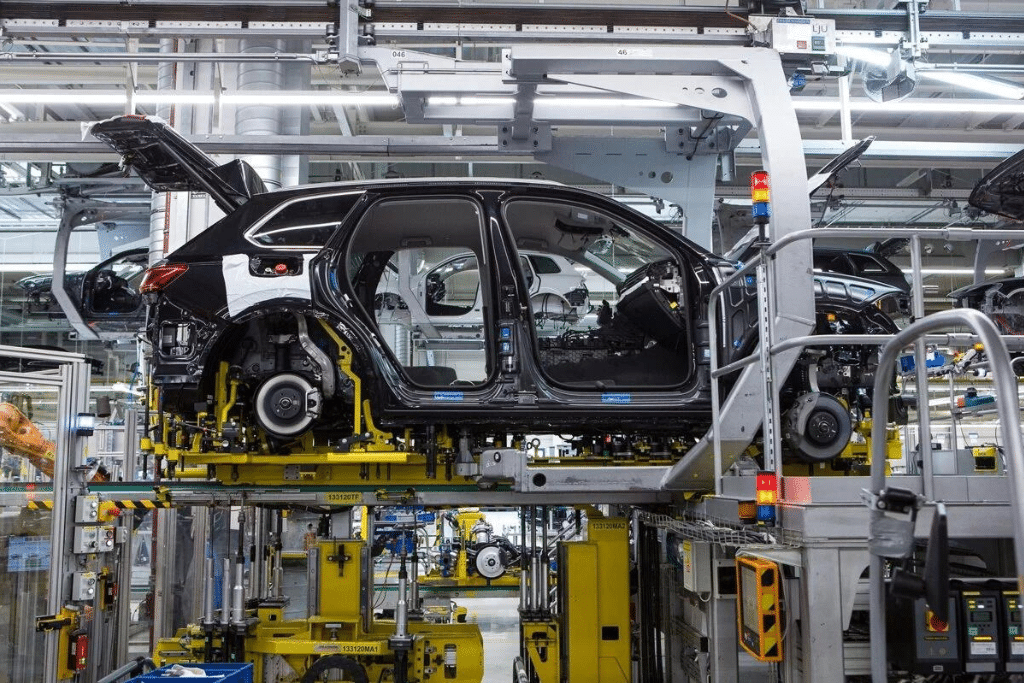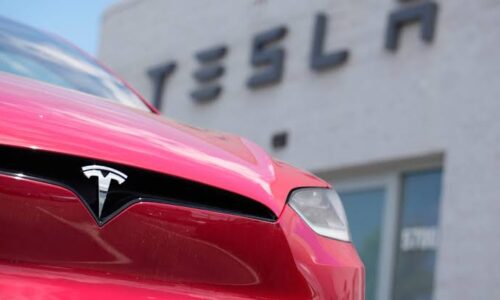- Judith Akatugba
- 0 Comments
- 703 Views
What was once thought to be a dream has now materialized into an angry reality. Even though they are still in the research and development phase, self-driving cars are becoming a reality thanks to technological advancements, and we can all expect to see them in use worldwide.
All in all, this phenomena will lead to greater convenience and increase the economic and profit potential of the transportation industry. Though it is not surprising that technology is changing how we do things, there are still some concerns about self-driving cars. These concerns will be thoroughly addressed as technology advances, and the automobile industry will be among the top beneficiaries.
Read Also: Photography: A Medium for Conveying Emotions Visually
Technological Aspects Impacting the Automotive Sector
Technology is transforming the automotive industry faster than we can imagine. Manufacturers are being encouraged to adopt futuristic technologies by a number of concerns, including the shortage of drivers, capacity issues, and fuel prices. Some of the technological factors affecting the automobile industry are listed below.
1. Manufacturing Automobiles: Easier and Faster
One aspect of the automotive industry that has seen substantial improvement over time is car production. Early automobiles were constructed entirely by hand, which took a lot of time. Manufacturers needed a lot of labor and expertise to produce a single vehicle, and it wasn’t a profitable procedure. Vehicle manufacturing may now be completed in a fraction of the time it once took thanks to automation in the automotive sector. Put otherwise, these new procedures allowed firms to produce goods more quickly, which increased sales and profits.
In addition to automation, additional technologies that lower overall manufacturing costs and accelerate the production of automobiles and spare parts include robots and 3D printers. In this manner, car owners in need of replacement components are able to get reasonably priced parts for their cars. Thus far, technological advancements in the automotive sector have resulted in the production of electric, hybrid, and self-driving automobiles as well as high-tech safety systems, altered exterior and interior features, and more.
2. Enhancements in Safety
Cars with safety features are built with designs and features that lower the likelihood of fatalities in collisions. The safety ratings are a gauge of a car’s level of road safety and are typically found on the window sticker. Airbags are among the sophisticated safety measures that modern cars have to lessen the impact of collisions.
• Brakes with antilock technology.
• Management of traction.
• Electronic stability management.
• Assistance with the brakes.
• A warning of a forward collision.
Automatic braking in an emergency.
• Cruise control that adapts.
• A warning of blind spots.
• Warnings for lane deviation.
• A backup camera.
• Sensors for tire pressure, among others.
3. Autonomous Automobiles
Alternatively referred to as self-driving cars 2020 is when cars are anticipated to be on the road. They are going to change your life, and the biggest manufacturers in the car industry are vying with one another to have this technology commercialized. Self-driving cars have countless advantages, such as greater safety, lower fuel consumption, and more time allotted, which enables the persons being transported to be more productive during that time.
4. Artificial Intelligence
Artificial intelligence is having a significant impact on both self-driving cars and the auto industry as a whole. In essence, artificial intelligence is a branch of computer science concerned with building machines capable of communicating with humans and other unidentified entities. Autonomous vehicles lack the capability to respond to traffic signs and other roadside obstacles. Things like pedestrians and the weather will need to be taken into account. More testing is being done in places without severe weather or pedestrian traffic. Additionally, it is predicted that the autonomous car market will reach 3.6 trillion opportunities by 2040. Autonomous vehicles and artificial intelligence are widely used in the auto industry, which is currently viewed as a gold mine for opportunists. Artificial intelligence is a pad on a vast quantity of data.
5. The Launch of Electric Cars
The arrival of electric vehicles is another factor that is having a significant impact on the automotive sector. In the state of Iowa, the first electrical car was driven on the road in 1990. Even though it’s quite evident that the car lacked numerous characteristics compared to fossil fuel vehicles, the people did not seem to think highly of it. About 20 years later, electronic vehicles are more prevalent than ever. Certain hybrid models are able to run both on electricity and conventional fuel sources. Since more people are becoming environmentally concerned, the number of people who own electric automobiles is expected to rise daily, even though some of them are completely dependent on power. These cars help reduce carbon emissions.
6. Connected vehicles: Accurate information transmission
An estimated 30 million new automobiles will be connected by 2020, accounting for 41% of all cars purchased. Automobiles that are built to connect with other vehicles and gadgets are known as connected vehicles. They can easily talk with other automobiles, send car information, and have internet access installed. As a result, traffic flow is optimized, congestion is decreased, and travel times are shortened since cars can now converse with one another and their surroundings.
Over time, technology has advanced across a number of industries, with the automobile sector seeing the most progress. Improved car production, safety enhancements, electric automobiles, self-driving or autonomous vehicles, and linked vehicles are all products of the automotive industry’s technological advances. The automobile sector reduces carbon emissions, makes life easier, and enhances vehicle safety and efficiency with the help of these technologies and consistent developments.











